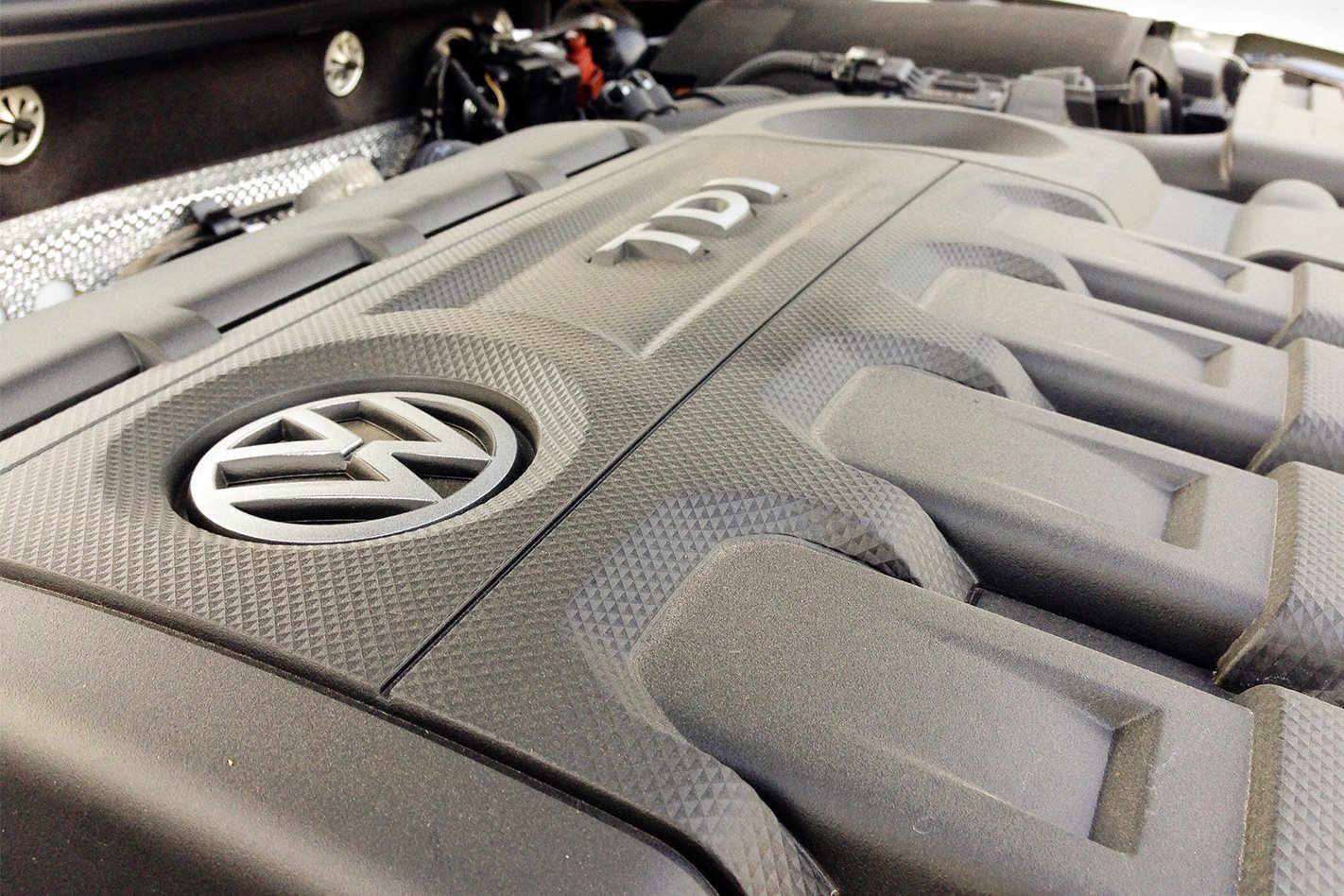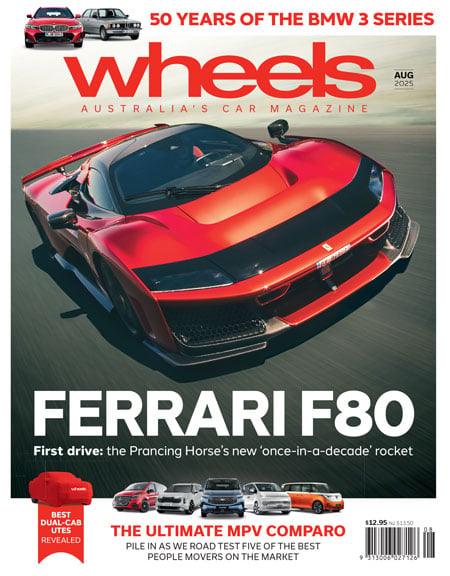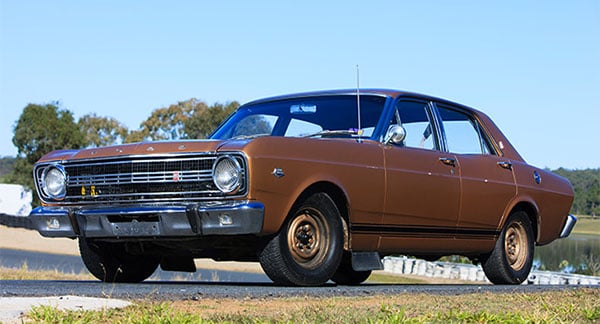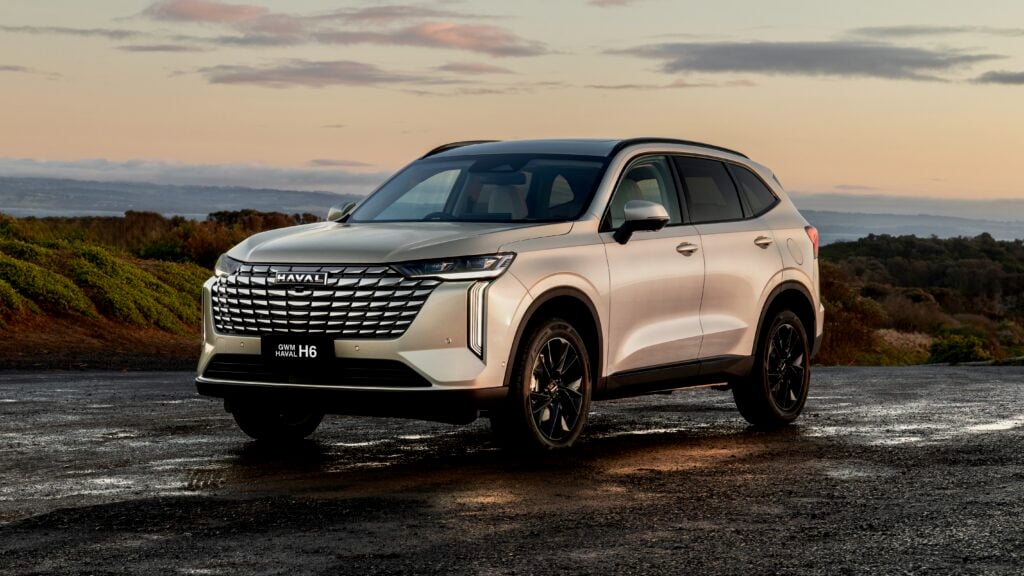The Volkswagen Emissions scandal, or ‘Dieselgate’ broke way back in September 2015, and is still ongoing to this day. We take a look back on how it’s all progressed this year along with the rest of 2016’s biggest controversies.
Dieselgate fallout
Following Volkswagen’s admission of guilt on September 20 2015, the company has endured significant turmoil including continually falling stocks, the stepping down of various company bosses, a massive scaling back of motorsport commitments and now allegations Audi has had engines rigged.
Coming into 2016 the company was in deep water, having suffered the departure of the brands CEO Martin Winterkorn, along with plans to refit up to 11 million cars with correct software as a result of the scandal.
On March 9, VW U.S CEO Martin Horn resigned, citing a mutual agreement with the company. 500,000 vehicles were affected in the US alone. Then in September came the news that the company would hand out around AUD $20 billion to settle with American customers who purchased affected cars between 2009 and 2015.
October 26 saw confirmation VW owned Audi would terminate its long-running and successful sports car program, and in early November its participation in the World Rally Championship.
A couple of weeks later Audi became further implicated in the scandal, with US regulators finding additional Audi engines were rigged to produce lower CO2.
The PR nightmare has since spread around the world including here, with the Australian Competition and Consumer Commission (ACCC) launching a Federal Court action against the Volkswagen, alleging around 57,000 customers may have been affected, with investigations ongoing.
With further charges and buybacks likely to be aimed at VW the world over in coming years, estimates put the total cost of Dieselgate up to A$116 billion which could possibly bankrupt the company.
Hopefully it doesn’t come to that.
Tesla crash raises questions over autonomous driving safety
On May 7 a Tesla Model S crashed into a truck in the US state of Florida while in autonomous mode, leading to the first fatality involving a self-driving car misjudging a situation. The crash shone a light on the capabilities of these systems and how away we are from them being totally dependable.
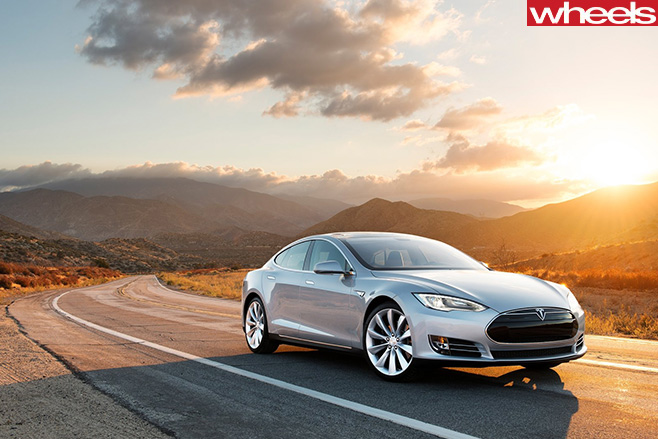
Tesla says Autopilot is still in the testing phase and that drivers are warned it “is an assist feature that requires you to keep your hands on the steering wheel at all times”.
‘Flawed’ Australian emissions testing
The Australian Automobile Association revealed that as part of its own real-world emissions testing of 30 cars, three breached the legal limit for greenhouse gases. One was found to produce double the limit for the nitrogen oxides, and another four times the legal limit of carbon monoxide.
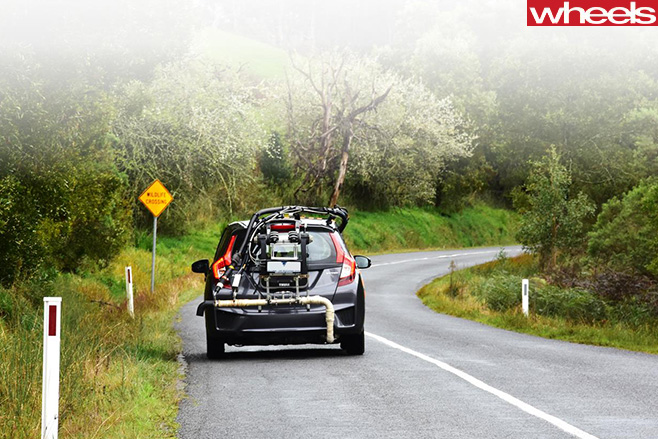
It was found real-world emissions and fuel use were up to 35 percent higher than figures shown on government-mandated labelling, with an average being 20 percent higher.
AAA chief executive Michael Bradley said the alarming show the lab testing regime may need to be dumped in favour real-world analysis.
“These results suggest that as emission regulation around the world becomes more stringent, auto manufacturers are producing vehicles that limit emissions in the laboratory, but not necessarily in the real world.”
Michigan legalises unmanned autonomous cars
Companies can now bring their self-driving cars to Michigan, with a bill passed allowing cars without a steering wheel or even a driver onto public roads.
Under the bill, should an unmanned car crash it would be governed by the states no-fault insurance laws that require each driver’s insurance to foot the repair bill. Furthermore, it has also been suggested car companies involved may be susceptible to suing under product liability laws.
Officials, including Michigan Transportation Director Kirk Steudle said that while there would be crashes and even a likely fatality, it was worth the risk in order to hone future technologies.
The bill also allows a taxi network of unmanned cars to be set up, but is limited to vehicle manufacturers only – ruling out Apple, Google and Uber.
Uber versus taxis
Founded in 2012, Uber exploded in popularity in the US in 2015 and burst into prominence in Australia this year. While popular with users, the fact that its business model involves undercutting taxi fares means it will continue to be dogged by controversy.
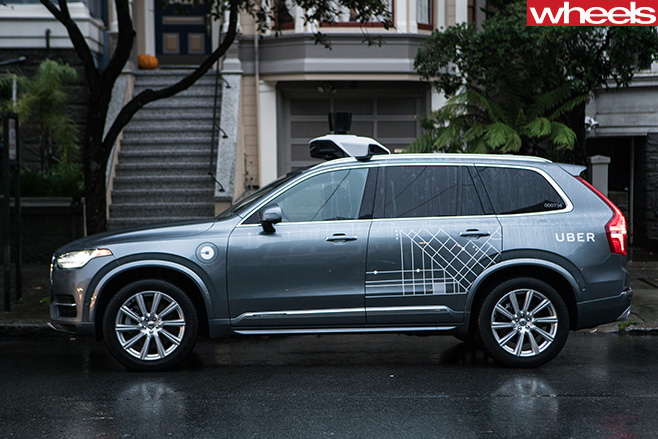
The company is persisting however and has begun to put self-driving cars on the road while launching UberMOTO, a bike-sharing service.

